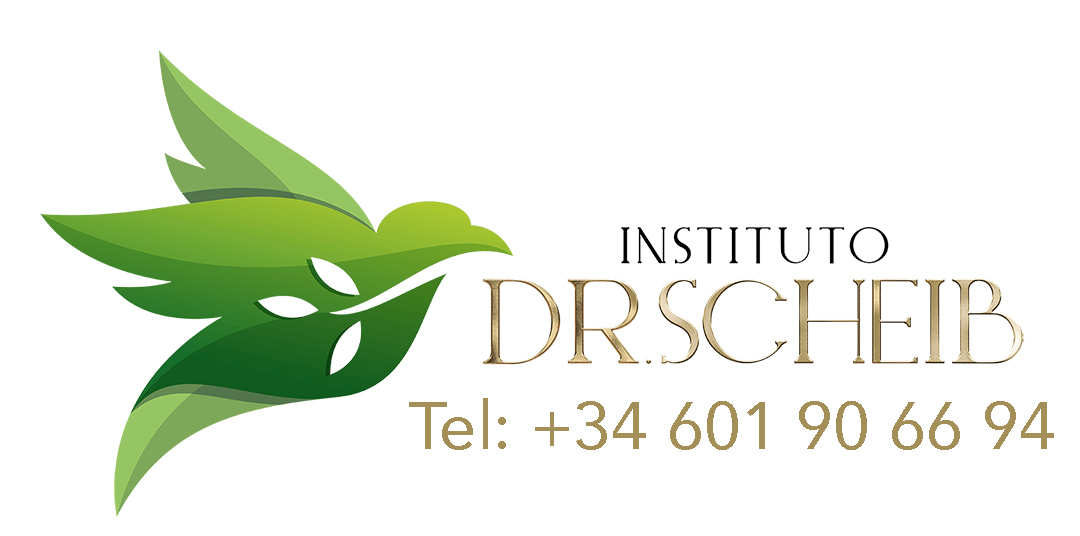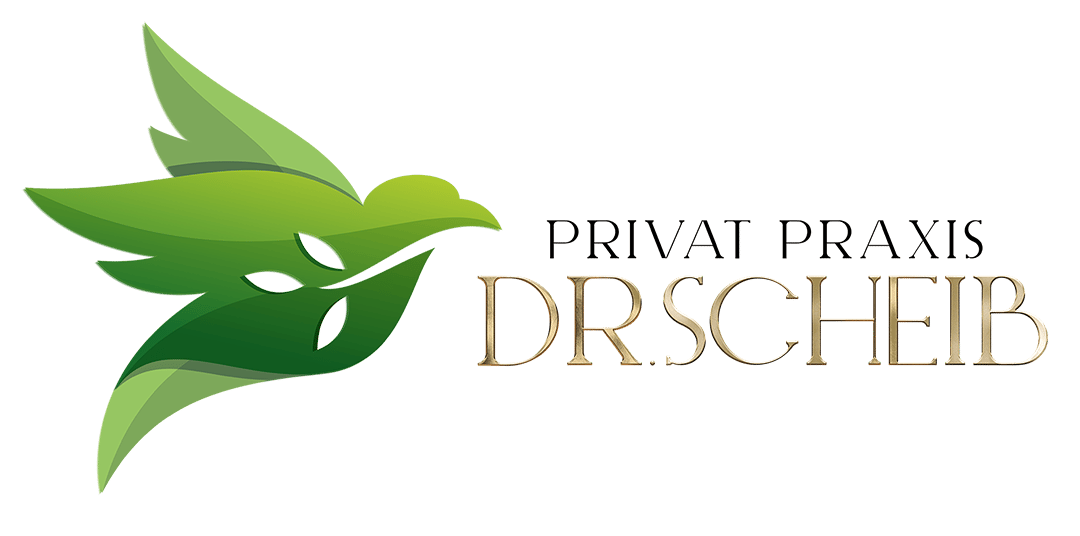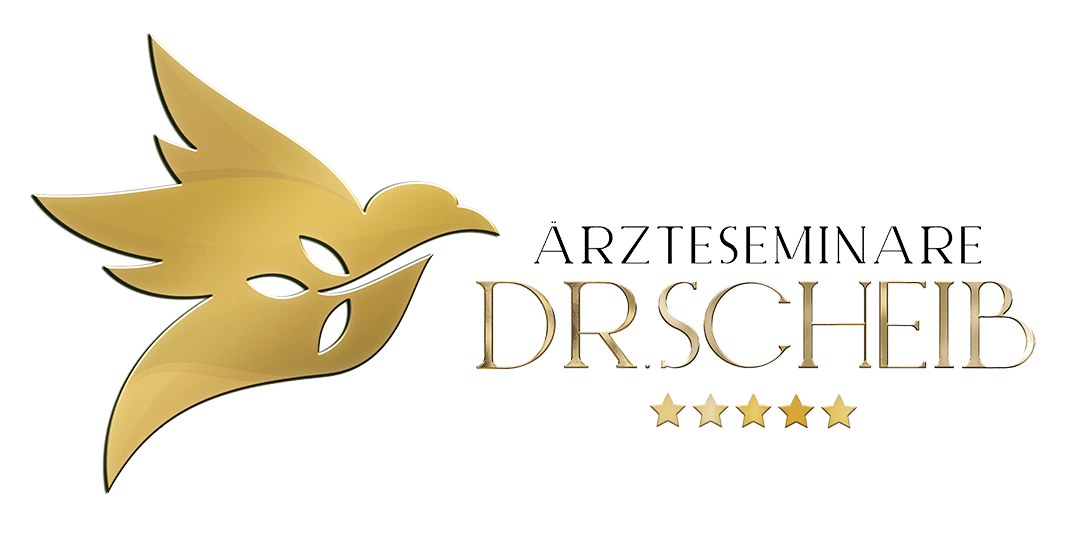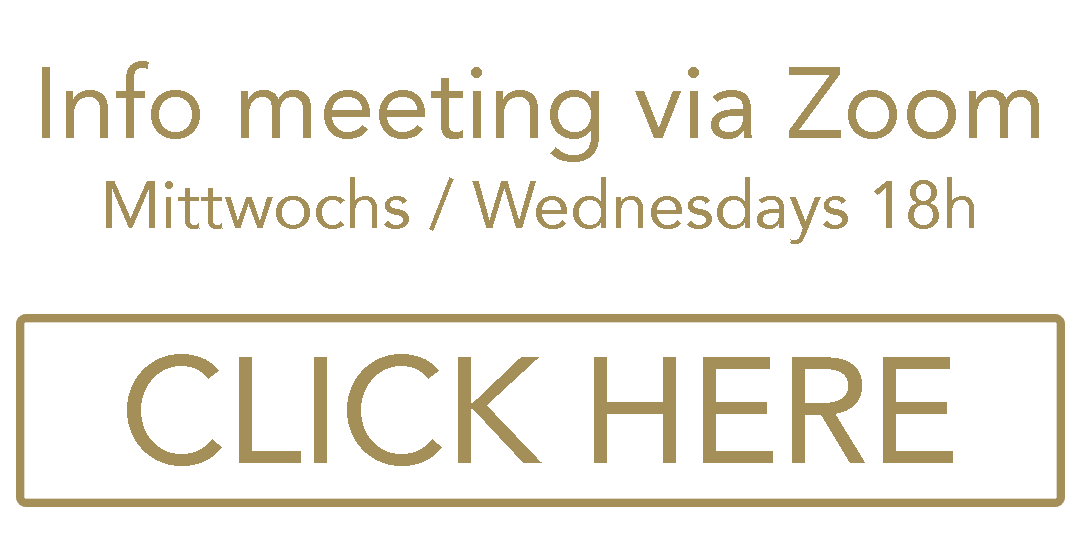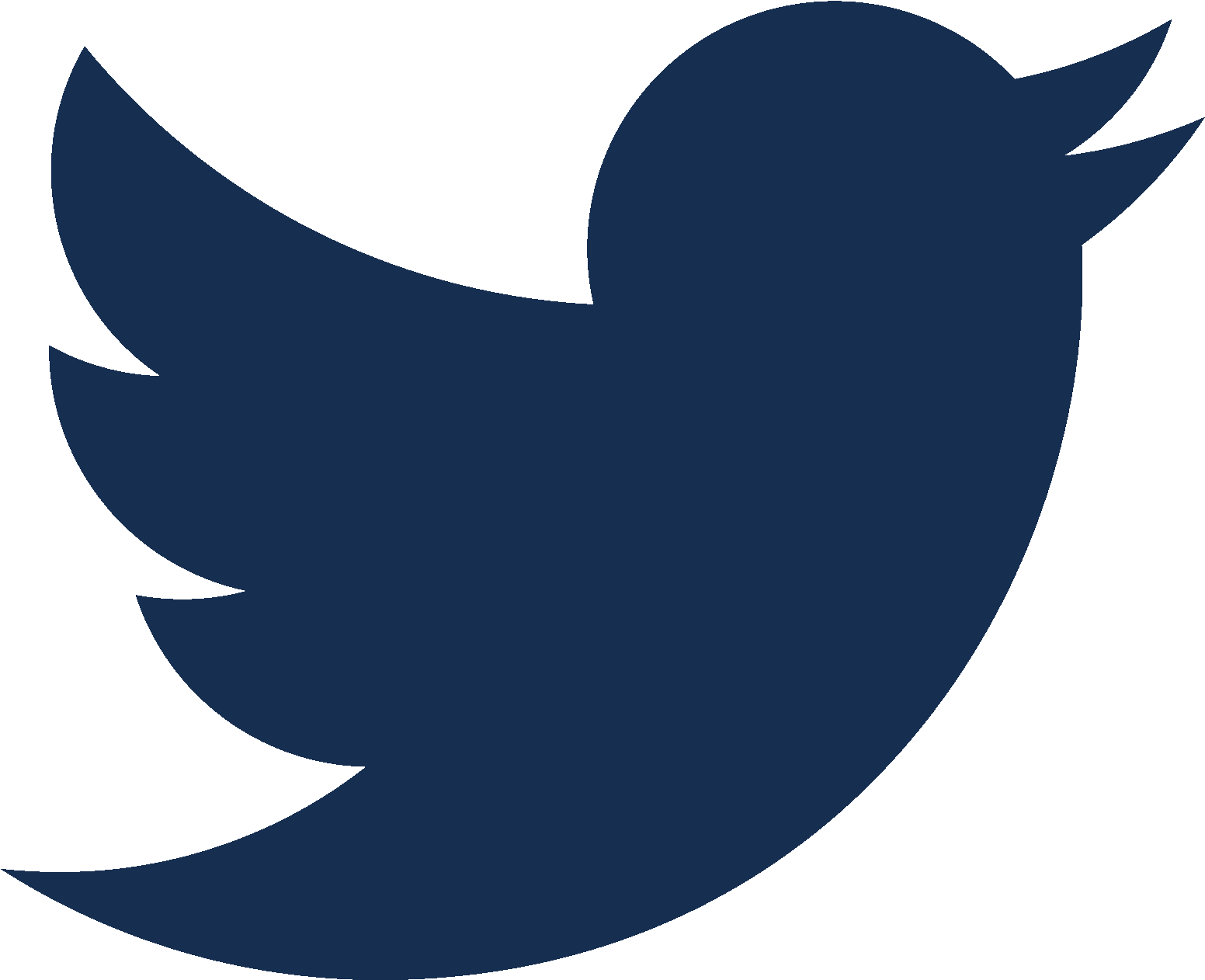Treatment of cocaine addiction is common, since the use of cocaine is widespread in Europe. After cannabis it probably the illegal drug that is most commonly taken. Among regular attendees at club events about every 4th takes cocaine regularly.. There are of course people who use cocaine only occasionally, but cocaine is addictive and regular use can result in high blood pressure, heart attacks and cerebral infarctions. When cocaine is inhaled through the nose, necrosis in the mucus membrane and the septum can occur.
“Crack” refers to cocaine mixed with sodium bicarbonate (baking powder); this vaporises and is absorbed faster and has a significantly higher dependence potential. It is also possible to inject cocaine intravenously. After long-term use of cocaine the occurrence of delusional parasitosis is often described (a sensation as if insects were crawling under the skin of the addicted person).
Severe depressive moods occur after the effect has worn off because of the massive increase in neurotransmitters in the reward system; this leads to a strong compulsion to consume again.
We treat patients who use cocaine in a harmful or addictive pattern with absolute discretion in individual, high intensity, multi-modal courses of treatments which apply the latest findings in addiction research. The average length of treatment is between two and three weeks. This makes our therapy concept vastly different from those in conventional therapy clinics.
Diagnosis of cocaine addiction:
- Is there an underlying psychiatric or somatic illness (ADHD, other dependencies) or secondary illness (high blood pressure, depression, psychoses)?
- How is the consumption behaviour perceived in the family and the working environment?
- What is the patient’s motivation?
- What resources are available to the patient?
Treatment of cocaine addiction:
According to the individual situation, the following therapy elements will be applied in the treatment of cocaine addiction:
Ketamine infusions can contribute to a reduction in cravings and to enhancing motivation. This leads to an improvement in existing depressive symptoms.
Intensive psychotherapy (motivational interviewing) in individual therapy improves motivation and processes potential problems that prevent consumption being stopped.
Repetitive transcranial magnetic stimulation (rTMS) and transcranial direct current stimulation (tDCS) significantly reduce cravings and improve the long-term prognosis.
Neurofeedback improves self-regulation of the brain and reduces cravings.
Pharmacotherapy can also be indicated. Methylphenidate can, in certain cases, be used as a receptor blocker and it may, especially at the beginning, be prescribed for support. Anti-craving medication like Baclofen can reduce the risk of relapse.
Customised sports therapy combined with the learning of relaxation techniques rounds off the therapy concept.
According to the severity of the dependency and the patient’s resources, treatment may be carried out on an out-patient, day clinic or initial in-patient basis. We estimate a two to three week course of intensive therapy with daily psychotherapy sessions, brain stimulation, sports therapy and learning of relaxation techniques. A concept for prevention of relapse is important, since cocaine addicts may develop significant cravings if presented with associative stimuli, even after a number of years.
If you are interested in our therapy, please take a few seconds to fill out our contact form. We will set up a preliminary phone interview at your convenience to determine your individual therapy:
